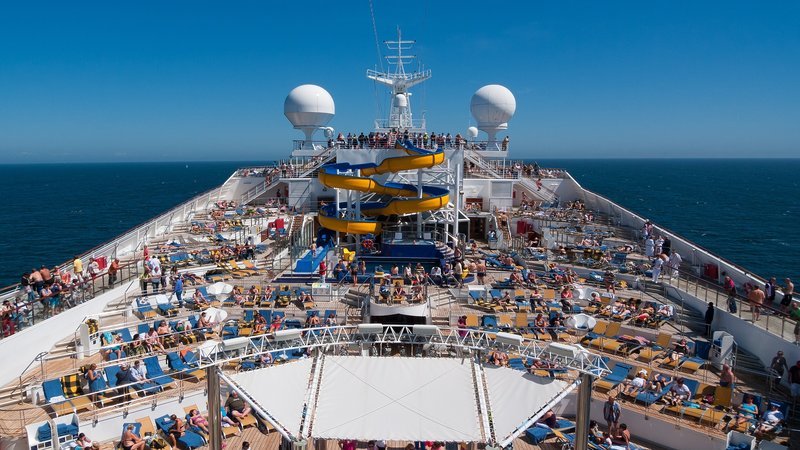An attorney who filed a class action against a cruise line vows to fight against including the cruising industry in a blanket legal shield being drafted by lawmakers that would protect employers if their staff contract COVID-19 on the job.
Congress is reportedly drafting coronavirus immunity legislation, which is currently circulating among lawmakers but whether the legislation would include cruise ships as employers that operate under foreign flags has yet to be addressed, according to attorney Mary Alexander.
“Nothing is going on with regard to this at the moment,” said Alexander. “Congress is dealing with the George Floyd situation.”

Alexander
Alexander is one of the lawyers who sued Carnival and Princess Cruise Lines on behalf of more than 60 people who were passengers on the Grand Princess cruise ship, alleging the vessel helped spread the COVID-19 pandemic.
“We believe that cruise lines should not have any immunity whatsoever because they don't pay U.S. taxes,” she told the Southern California Record. “They don't follow our environmental and workplace policies and they continued to sail even though there was a pandemic.”
Discussions so far among lawmakers has only extended to employees and not consumers or passengers, according to Alexander.
“We certainly, as trial lawyers and the American Association for Justice that lobbies on these issues, would fight very hard to protect passengers,” she said in an interview.
Filed in the Central District of California, the complaint alleges gross negligence in the handling of passenger health and safety but even if a draft of the bill included immunity for employers that were grossly negligent, COVID-19 exposure could still be challenged in a court of law.
“When it's really gross and overtly negligence then I think we could overcome it,” Alexander said. “In general, gross negligence can be difficult to prove but not on these cruise lines. What they did was egregious. They set sail on February 21, 2020 with a ship that had just been to Mexico that they knew people were sick on, both passengers and crew. Princess put profits before people.”
Gross negligence, according to Alexander, is not just a mistake or inadvertence but an overt, affirmative knowing disregard for the safety of the public and the passengers.
“But that's not always a way to get around immunity,” she said. “It might depend on what the language of the bill and the eventual law is.”
Plaintiff's requests include an award of damages totaling in excess of $5 million as well as an injunction requiring the cruise lines to disclose to future passengers the nature and rate of risk of communicable disease upon their ships.
“They [passengers] were traumatized by the fear of developing COVID-19,” Alexander wrote in the opening brief. “They were confined on an infected vessel in isolation and then were confined at federal facilities, including Travis Air Force Base, for approximately two weeks. It is expected that they will continue to suffer and will, in the future, require medical services not of a kind generally accepted as a typical part of daily life.”
